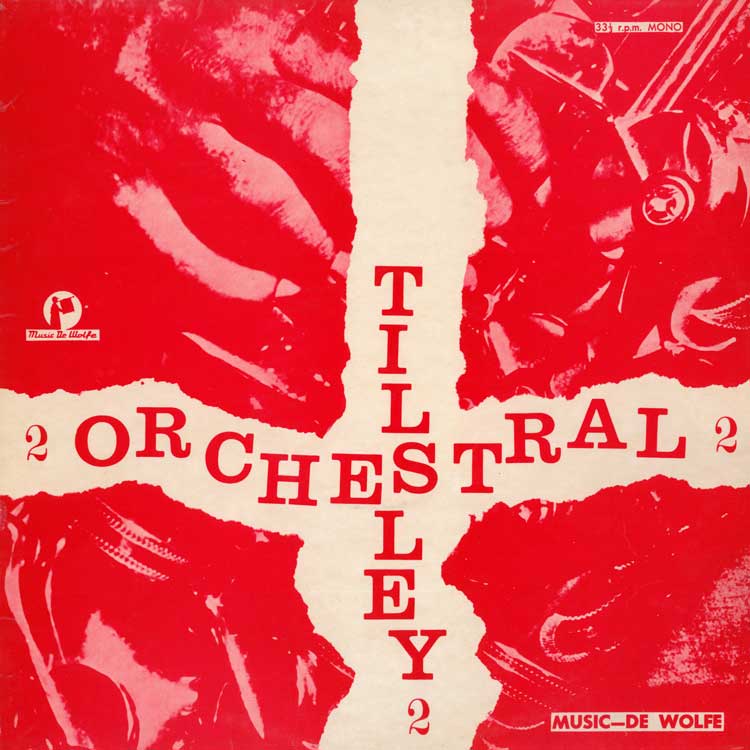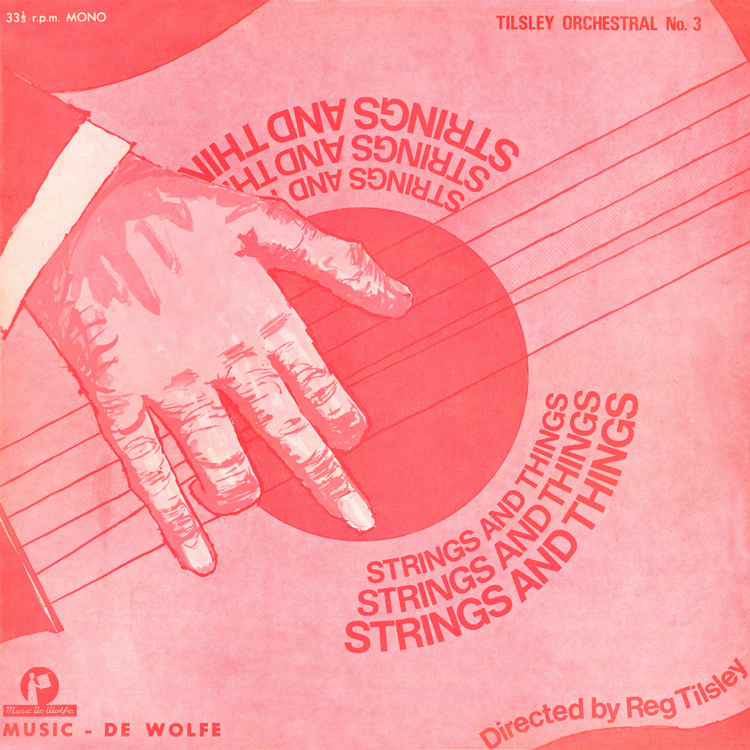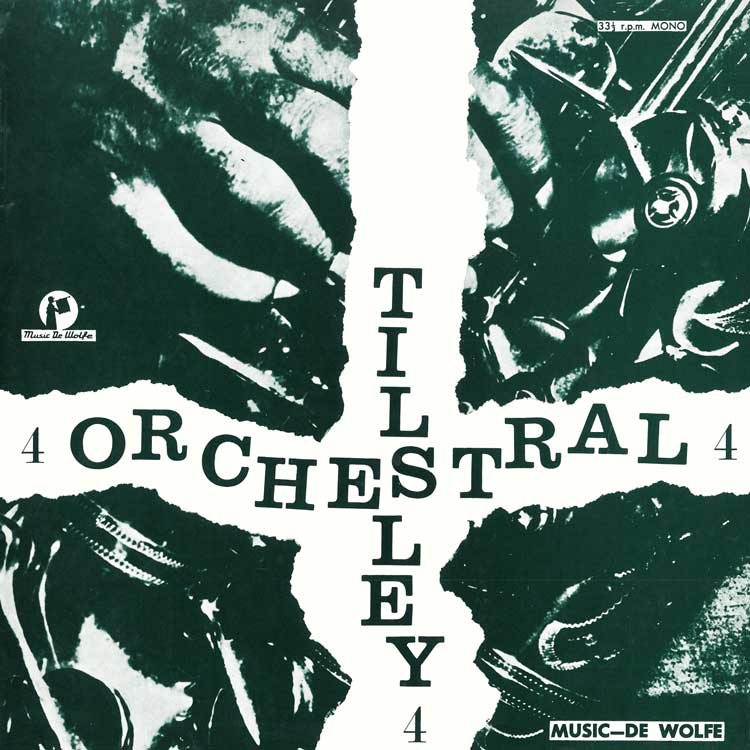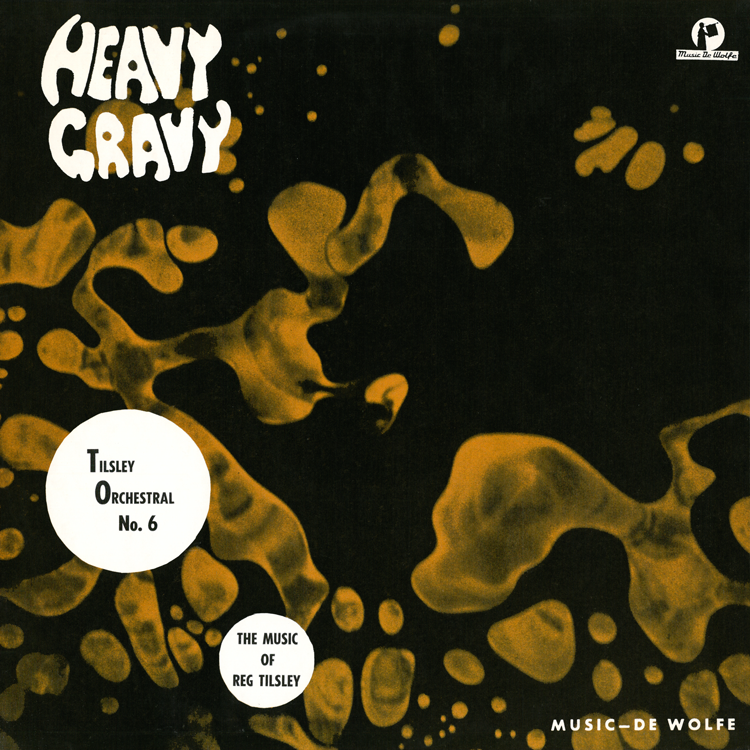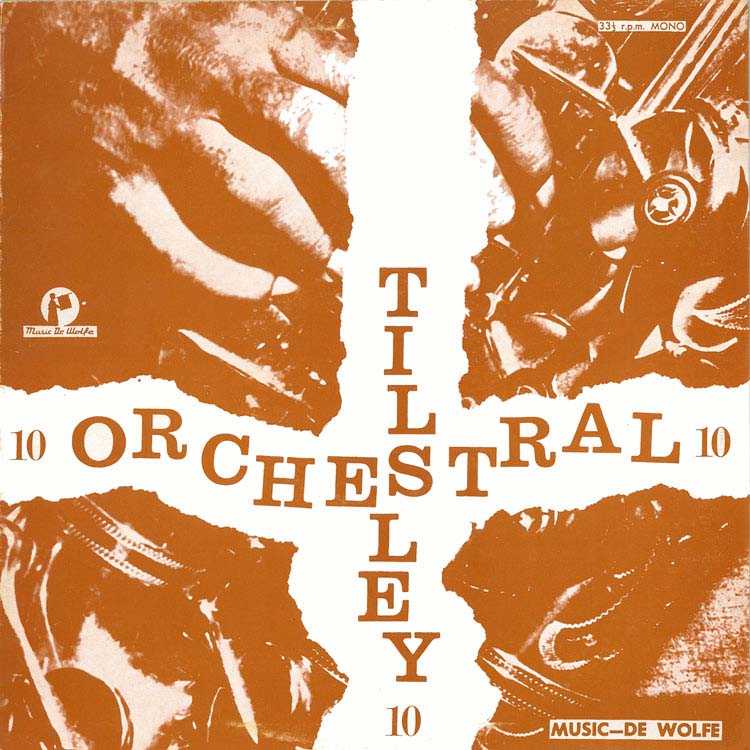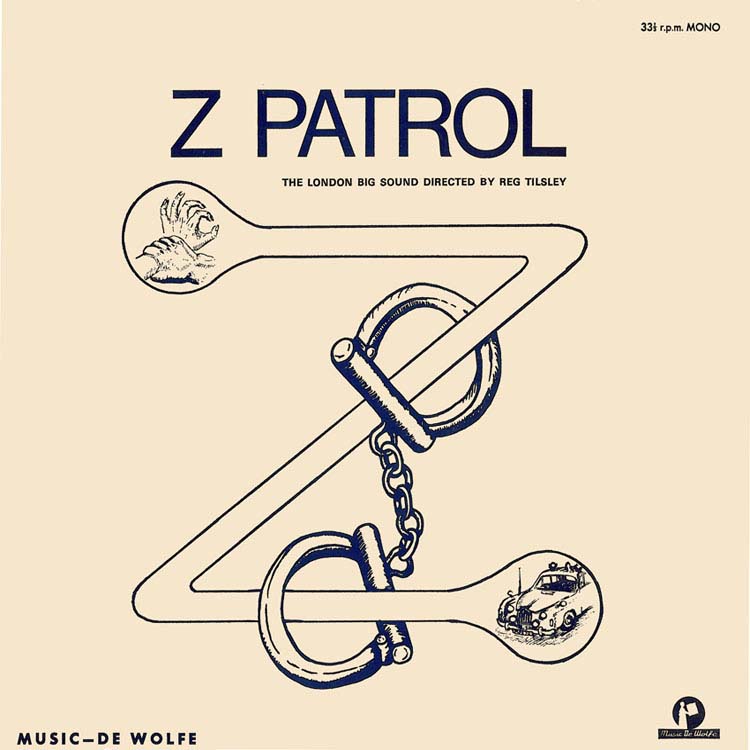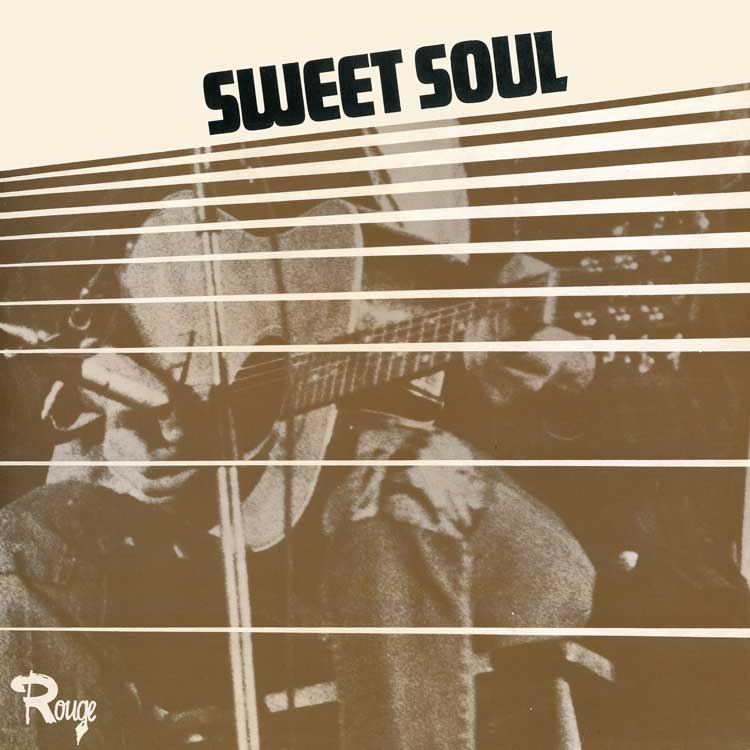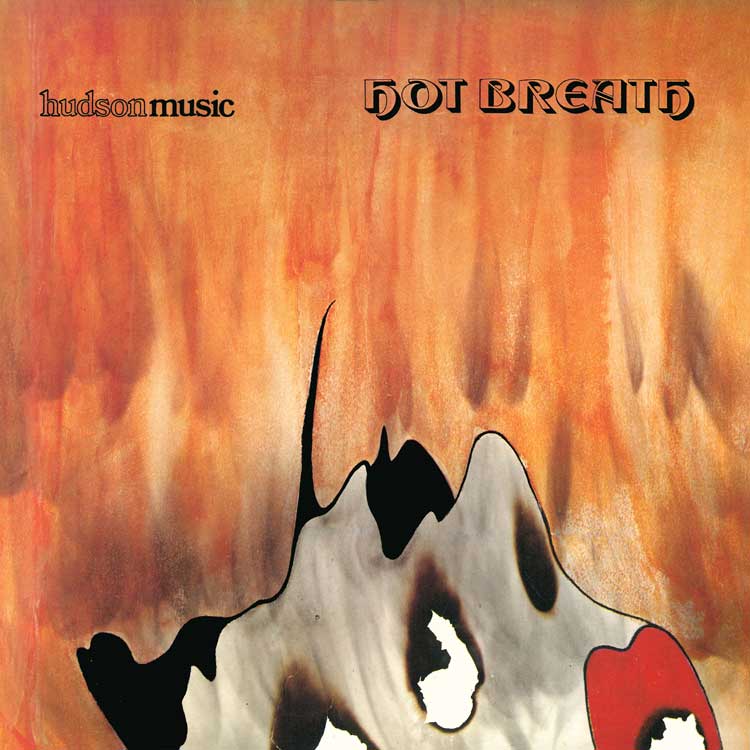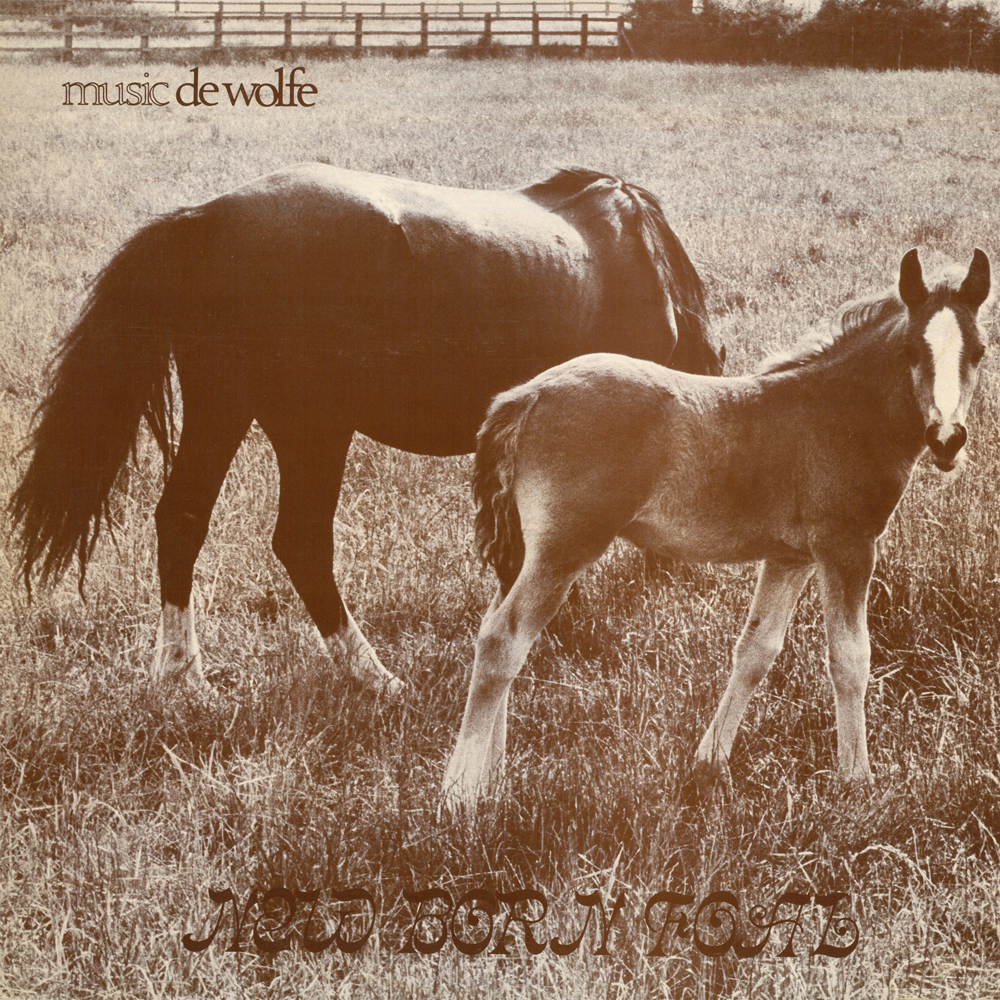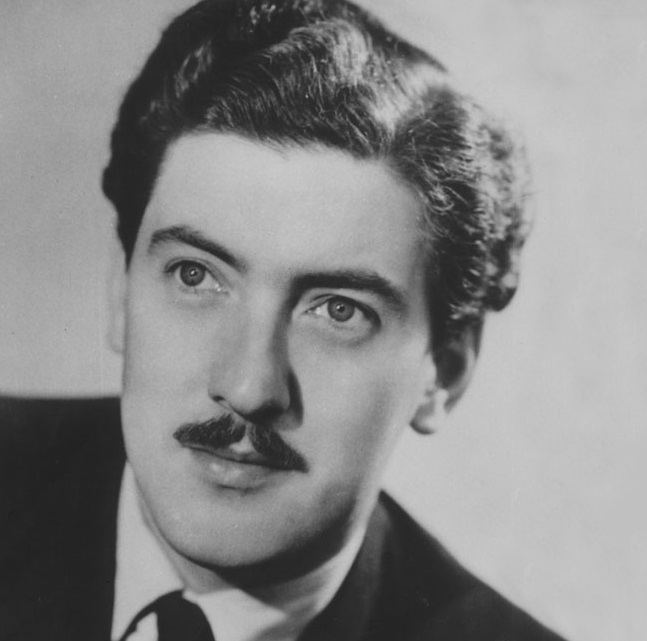
Reg Tilsley was born in Croydon, Surrey in 1926. Growing up, he was a chorister at Westminster Abbey and, having attended the London College of Music, he went on to study conducting in Stuttgart under the Polish composer and conductor Jerzy Gert.
His career with de Wolfe began in 1967 and his success as a composer, conductor and arranger and is reflected in his extensive and incredibly varied musical output.
Reg Tilsley was a prolific composer for de Wolfe and his compositions, including his Tilsley Orchestral series of 10 LPs and Appalachian Sunset, represent some of the most iconic sounds in the library that have seen innumerable usages in TV and film whilst also becoming highly sought-after records in their own right.
With his big band he provided arrangement and backing for a star-studded list of artists searching for the iconic London sound. Washed in brass and West End swing, Tilsley’s arrangements are a far cry from his choral apprenticeship but are instantly recognisable on such diverse hits as Tom Jones’ What’s New Pussycat or the Pretty Things’ Cause I’m A Man (composed by fellow de Wolfe composer Peter Reno). He also worked with Engelbert Humperdinck and P.J. Proby amongst others.
Tilsley’s library music has been and continues to be widely used in films.* In 1969, he also composed exclusively for two films – Gerry Levy’s science fiction film The Body Stealers and Menahem Golan’s comedy What’s Good For The Goose. In recent years, Hollywood productions Letters to Juliet and Laggies (Released as Say When in the UK) have included Tilsley’s Chianti Country and Super Diana in their soundtracks respectively.

Tilsley also worked extensively for the BBC, Philips Records and, on the continent, German TV and Radio to name a few. His TV commercials credits include Mobil, Carnation Milk and Lunn-Poly, and iconic TV shows used music composed by him. These include classics such as The Sweeney and The Benny Hill Show, as well as the more recent Breaking Bad.
Tilsley’s music has been sampled by countless commercial artists, extending his influence into areas unthought of in his time. Notably, his composition Strike Rich was used in Ugly Duckling’s Einstein’s on Stage, whilst Tilsley’s most popular work Warlock has been sampled by the biggest names in music, including Soulja Boy and Drake in their song We Made It which has racked up millions of views.
Reg Tilsley died in 1987 aged 61 in Worthing, West Sussex. The importance of his music continues to be clear, and his much-loved classics still make up an important part of the de Wolfe library.
*
Café Bar, 1975 - Music
Sailing Through, 1971 - Music
The Undertaker, 1970 - Music
The Body Stealers, 1969 - Music composed and conducted
What’s Good for the Goose, 1969 - Music composed and conducted
The Haunted House of Horror, 1969 - Music composed and conducted
Love in Our Time, 1968 - Music
The Mini-mob, 1968 - Music Arranger
The Michael Holliday Show, 1956 - Music Director
